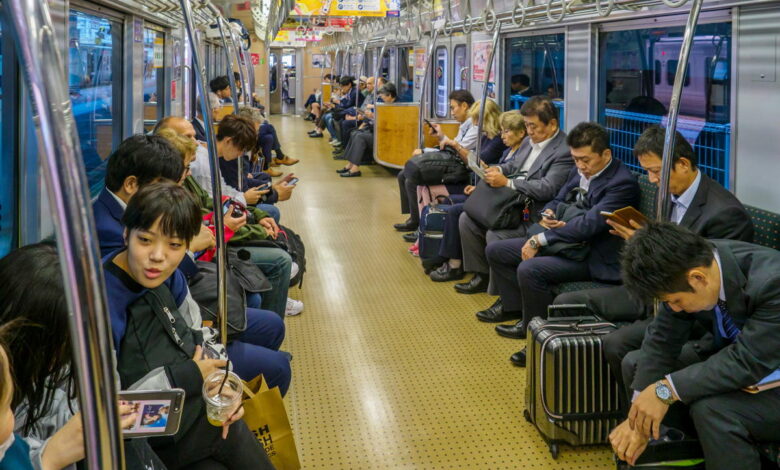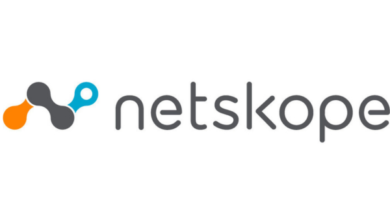Study Finds Public Interest In AI Lags Industry Hype

New research has indicated a seeming mismatch between the billions being poured into generative artificial intelligence (AI) by the tech industry and the actual usage of such services, which “is yet to become part of people’s routine internet use”.
Many of those who say they have used generative AI “have used it just once or twice,” found a new study from the Reuters Institute and Oxford University.
Researchers surveyed 12,000 people in six countries, including the UK, and found that a “sizeable minority” in all of them – some 30 percent in the UK – had not heard of any of the most popular AI tools.
ChatGPT was “by far” the most popular of the generative AI tools, with about 50 percent of the online population of the six countries having heard of it, and was also the most widely used, with usage two or three times more widespread than rivals Google Gemini or Microsoft Copilot.
Public interest
But even in that case, frequent use was rare, with 7 percent using it regularly in the US, dropping to 2 percent in France and the UK and 1 percent in Japan.
Younger people were more eager adopters of the technology, with an average of 56 percent of 18 to 24-year-olds having used ChatGPT at least once, compared to 16 percent of those aged 55 and over.
The findings present a sharp contrast to the hype around generative AI technology that has taken hold of the tech industry since the launch of OpenAI’s ChatGPT in November 2022, with tech giants and start-ups pouring billions into developing rival products.
Such tools are capable of generating human-like text, images, video and other output in response to natural-language prompts.
The focus on AI has fuelled a debate around how the technology will affect people’s lives and areas such as job security.
Effect on society
The study found most people felt generative AI would make their own lives better, but were more pessimistic when it came to society as a whole.
Respondents were optimistic around how the technology would affect science and healthcare, but were pessimistic where it came to areas such as the cost of living and job security.
The results were drawn from an online survey of people in Argentina, Denmark, France, Japan, the UK, and the US.



